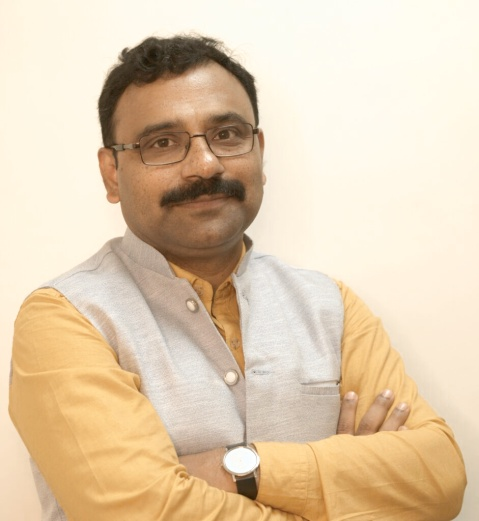
Dr. Arpan Chakraborty
Senior Consultant, Critical Care & ECMO Services
Apollo Multispeciality Hospitals, Kolkata
Dr Arpan Chakraborty eminent Consultant of Critical Care and ECMO Physician in the medical fraternity who is well known for his momentous ECMO Experience in India for the last 10 years and has diligently served in crucial COVID Times. He graced the position of President of the ECMO Society of India in 2019. His endeavour is relentless and implacable in Heart Transplant, Lung Transplant and all kinds of Extra-Corporeal therapies including ECPR, Respiratory Dialysis, CRRT, LVAD etc. along with
ECMO retrieval & transport from all over India.
He is an accomplished academician of ECMO with international publications and a popular teacher throughout the country & abroad for fellowship & workshop programs. He is known for his contributions to the awareness of ECMO in society. He is the founder and member of ECMO Kolkata.
Service
What I Do

Lung Transplant Specialist

Heart Transplant Specialist

ECMO Specialist

Cardio-pulmonary Critical Care Specialist
What is ECMO?
Extra Corporeal Membrane Oxygenation (ECMO) has remarkably progressed over recent years; it became an invaluable tool in the care of adults and children with severe cardiac and pulmonary dysfunction refractory to conventional management. Nowadays ECMO has become more reliable with improvements in equipment, and increased experience, which is reflected in improving results. According to the Extracorporeal Life Support Organization (ESLO) registry, ECMO was used in over 1.9 lac cases up to 2022 December, this immense increase of patients treated with ECMO and the vast expansion to its indications raises public awareness about such fantastic technology.
ECMO is a supportive therapy rather than a disease-modifying treatment in itself; the best results are obtained if we chose the right patient, the right type of ECMO and the right type of configuration.
ECMO is a form of cardiopulmonary life-support, where blood is drained from the vascular system, circulated outside the body by a mechanical pump, and then reinfused into circulation. While outside the body, haemoglobin becomes fully saturated with oxygen and CO2 is removed. Oxygenation is determined by flow rate, and CO2 elimination can be controlled by adjusting the rate of countercurrent gas flow through the oxygenator.
Indications for ECMO can be divided into three categories according to the supported organ, cardiac, and respiratory support or a combination of the two. Depending on the indications ECMO can be of two types
- Veno-Arterial (VA-ECMO): Supports both heart and lungs
- Veno-Venous (VA_ECMO) : Supports only the lungs
Typical cardiac indications include refractory low cardiac output (cardiac index less than 2 L⁄min⁄m2) and hypotension (systolic blood pressure <90 mmHg) despite the adequate intravascular volume, high dose inotropic agents and an intra-aortic balloon pump.
ECMO Indications for cardiac support (VA ECMO)
- Cardiogenic shock is Severe cardiac failure due to almost any cause:
- acute coronary syndrome
- cardiac arrhythmic storm refractory to other measures
- sepsis with profound cardiac depression
- drug overdose/toxicity with profound cardiac depression
- myocarditis
- pulmonary embolism
- isolated cardiac trauma
- acute anaphylaxis
- Post cardiotomy: inability to wean from cardiopulmonary bypass after cardiac surgery
- Post-heart transplant: primary graft failure after heart or heart-lung transplantation
- Chronic cardiomyopathy:
as a bridge to longer-term VAD support
or as a bridge to decision - Periprocedural support for high-risk percutaneous cardiac interventions
- Bridge to transplant
VV ECMO can be used as a rescue therapy in acute respiratory failure to buy time and maintain life awaiting improvement of the underlying disease. ECMO is used to provide oxygenation and CO2 removal, or both while the lungs recover, or as a bridge to transplant in case of end-stage lung disease.
There are no absolute contraindications to ECLS, as each patient is considered individually with respect to risks and benefits.
Innumerable sick patients with acute cardiopulmonary failure have been benefitted from ECMO and gone back to their normal life without any residual disease. In COVID times, it has become a game-changer when ventilator failed to correct the Oxygen debt. All the ICUs must be equipped with ECMO systems for organ support when ventilator or conservative therapy fails.